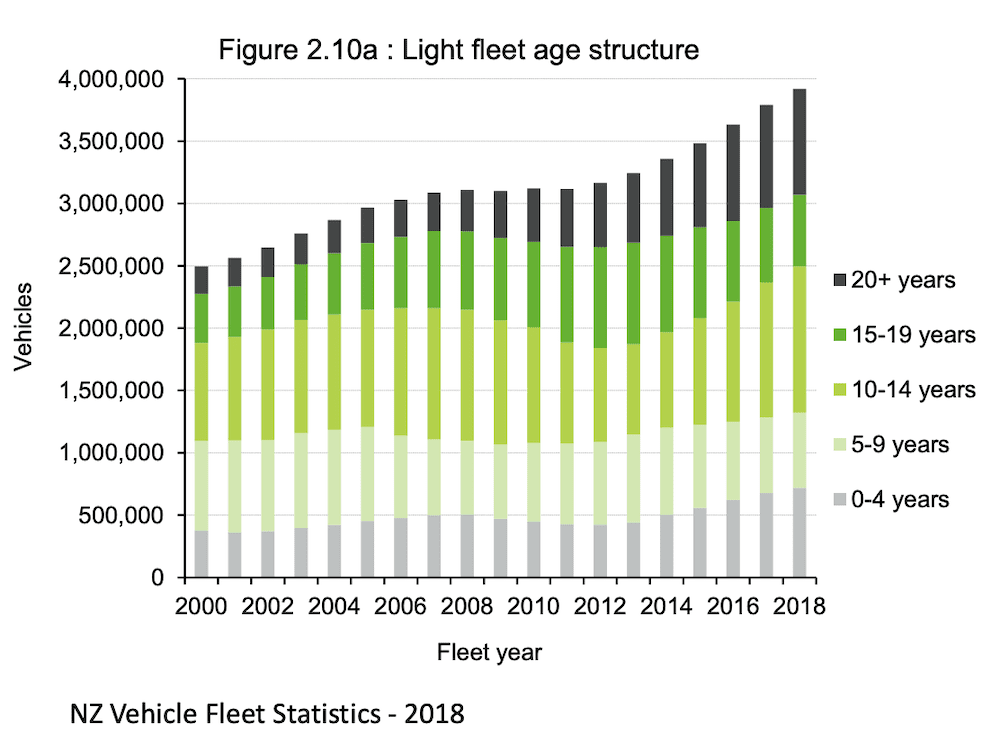4-minute read (updated 30 April 2020)
CEO Todd Hunter told us that three of Turners’ four businesses, insurance, finance and credit control were essential services and operated through the lockdown.
However, Turners’ main auto retail business was not deemed essential but still managed to sell 100s of vehicles online during the level-4 period, which it is now allowed to deliver.
Despite the cancelled dividend, Mr Hunter’s presentation was upbeat. He regularly referred to how well Turners fared during the GFC recession. This caused 15% of car dealers to close and a repeat of this will allow Turners to gain market share.
Almost half of Turners’ vehicle sales are on consignment, and this mitigates the risk of a decline in used vehicle prices. Although Turners’ auto subscription business is on hold, there may be opportunities to team up with car rental companies with idle vehicle fleets.
Turners’ finance subsidiary is going well. Arrears have reduced over the lockdown as people are spending less. Mr Hunter stressed that during the GFC, there was no material deterioration in Turners’ finance book. People need a car and meeting vehicle finance payments is a priority.
Insurance is going well. Although there were no sales during the lockdown, claims were almost zero and should stay low post lockdown as people travel less. Insurance premiums are paid in advance.
Turners’ fourth business, EC Credit Control, is countercyclical. When the chips are down, credit control business is good as SMEs look to protect their cashflows by recovering outstanding debts.
CFO Aaron Saunders was equally upbeat. While three of Turners’ businesses traded profitably during the lockdown, auto retail did not and suffered a $3.5m cash burn over the month.
Reassuringly, Turners has enough cash to survive a five-month lockdown. Heaven forbid! Mr Saunders outlined Turners’ financial structure. On the balance sheet, there appears to be a lot of debt, but three-quarters of this is finance company lending.
Ten percent of the remaining debt finances the auto inventory but, based on GFC experience, Turners is expecting an increase in consignment vehicle sales which it does not finance.
The company also has a property portfolio which it prefers to keep, but if sold would reduce debt by one-third. The banks are comfortable with Turners’ covenants. The dividend was deferred/cancelled at volition and not sought by the banks.
The presentations took barely 15 minutes and were enhanced with easy to read overheads. Questions took longer and most revolved around the news of the day projections of a 30% slump in used car prices.

Todd Hunter doubted that such a price drop would occur but acknowledged that there could be pressure on prices from rental car companies.
If the rental car companies flooded the market, they, not Turners, would take the hit as their cars are sold on consignment. The sub $10,000 market category has been resilient because, for most people, a car is a must-have.
Aaron Saunders added that the premium vehicle market was more likely to suffer. The rental car dumping scenario elicited some interesting observations. There are some 50,000 rental cars in NZ.
If a third were dumped on the market, this would represent less than 2% of annual used car sales. Furthermore, the top tier rental companies rent a significant proportion of their vehicles to business and domestic travellers and are not dependent on international tourism.
A questioner asked what effect high unemployment would have on Turners’ loan book and if a capital raise is anticipated? Unemployment of 10% would impact on arrears generally but Turners has quality loans and would not be alarmed.
If unemployment went to 25%, then the impact would be dramatic for everyone including Turners. The company does not envisage a capital raise other than to finance an attractive investment opportunity.
A frequently asked question is when is the best time to buy a car? Aaron Saunders answered this with alacrity. Cars are cheaper in the winter because that is when the rental car companies reduce their fleets.
Source: Don Kinnell from New Zealand Shareholders Association (NZSA)
P.S. I research and interview economists, NZ investors and profitable companies to find tools & tactics that you can use to achieve financial freedom.
➔ Join my private newsletter to be the first one to learn insider tips! Here are examples of what you’ll get. It’s FREE. You can unsubscribe at any time. I treat your email as my top secret.